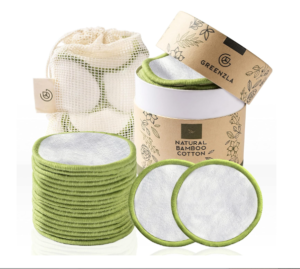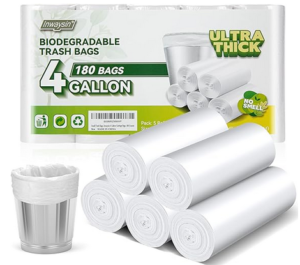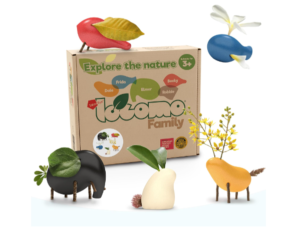Beautiful Plants For Your Interior
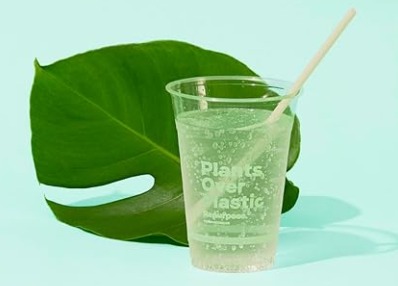
Compostable cups: We love to take sips of tea, coffee, juices and cold drinks. Most of us take them in a cup or glass which is mainly made from plastic based materials. These materials are very harmful and have a huge impact on our planet, nature and environment.
These plastic cups not only harm environment but also harm our health. So for the protecting ourselves and nature, we need to switch it by compostable cups because these cups are made from 100% plant based materials. Today in this blog, we will let you know how these cups reduce our environmental impact.

The Rise of Compostable Cups
We all love a refreshing drink on the go, but the environmental cost of disposable plastic cups can leave a bitter aftertaste. From here compostable cups have risen. These cups marks a significant shift towards sustainable living, addressing the environmental concerns associated with traditional plastic and paper cups. Compostable cups, made from renewable resources like corn starch or sugarcane, decompose naturally without harming the environment. This eco-friendly alternative reduces the volume of waste sent to landfills and lowers the carbon footprint.
These cups contribute to the circular economy by returning nutrients to the soil when properly composted. Municipalities and waste management companies are expanding composting facilities to accommodate the increased use of these cups, further promoting their adoption.
Join our telegram channel https://t.me/naturesupprter
Why we need to switch it?
Now a days, plastic is one of the most irritating problems. Traditional plastic cups are derived from fossil fuels, are not biodegradable, and often end up polluting our landfills and oceans. These plastic pollutants harm wildlife, enter the food chain, and disrupt delicate ecosystems.
The statistics are alarming. A study by Science Advances estimates that by 2050, there could be more plastic than fish in the sea by weight. This highlights the urgent need for sustainable alternatives, and compostable cups offer a promising solution.
How compostable cups are different from plastic cups?
Unlike their plastic counterparts, plant-based cups are derived from renewable resources like corn starch, cassava, sugarcane, or even beet pulp. These materials are not only good for the planet, but they also offer several key advantages which are as follows.
Biodegradable
Plant-based cups are designed to break down naturally under the right composting conditions. This significantly reduces waste compared to traditional plastic cups, which can take hundreds of years to decompose, if at all.

Compostable
Many plant-based cups are certified compostable, meaning they can be composted in commercial composting facilities along with food scraps. This creates nutrient-rich compost that can be used to fertilize soil, promoting healthy plant growth and reducing reliance on chemical fertilizers.
Follow us on twitter https://twitter.com/ntspt24
BPA-Free
Some plastic cups contain Bisphenol A (BPA), a chemical linked to health concerns. Plant-based cups are typically BPA-free, offering a safer alternative.
| Feature | Plant-Based Cups | Traditional Plastic Cups |
|---|---|---|
| Biodegradable | Designed to break down naturally under the right composting conditions, significantly reducing waste. | Can take hundreds of years to decompose, contributing to long-term environmental pollution. |
| Compostable | Many are certified compostable and can be composted in commercial facilities along with food scraps, creating nutrient-rich compost. | Not compostable; typically end up in landfills or oceans, contributing to pollution. |
| BPA-Free | Typically free from Bisphenol A (BPA), offering a safer alternative. | Some contain BPA, a chemical linked to health concerns. |
Plant Based Compostable Cups
Repurpose 100% compostable Plant Based Clear Cold Cup. These are not traditional cold cups. They are made from plants, not petroleum. They are also certified compostable so they break down in a matter of months, not millennia. Our cups are free of all the things you don’t want like BPA, oil-based inks, and petroleum.
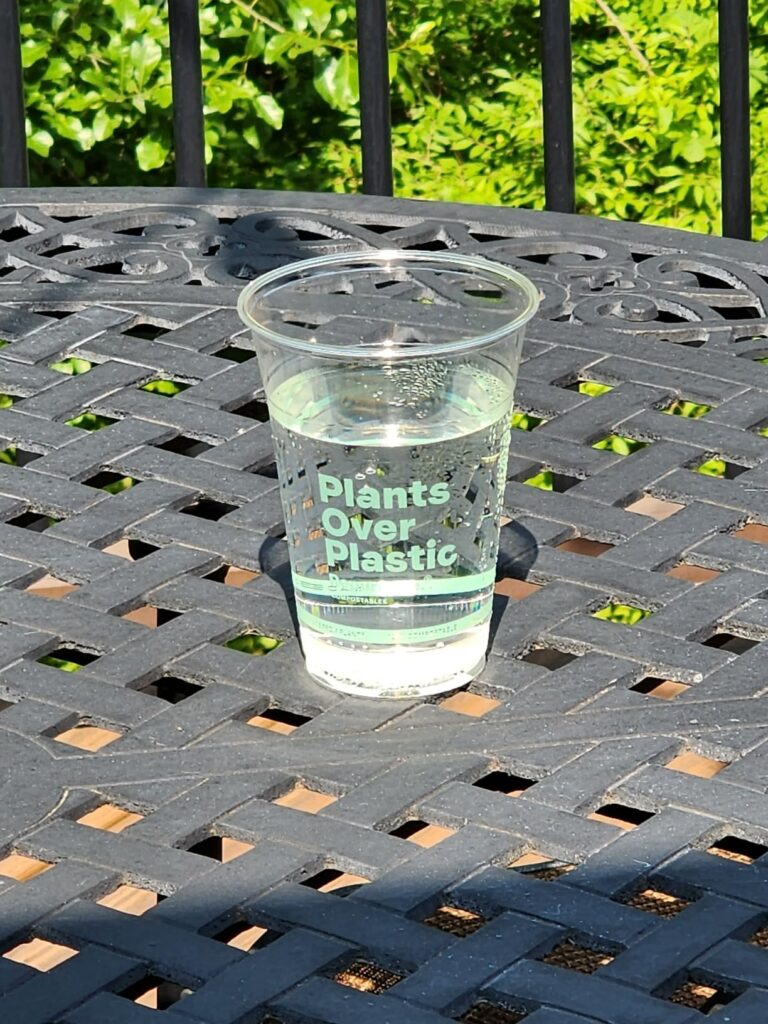
Buy at Amazon https://www.amazon.com/dp/B09J1XJRZ7//?tag=naturesupport-20
Benefits
Reduced Landfill Waste
By choosing plant-based cups that decompose, we can significantly reduce the amount of plastic waste overflowing landfills. This not only conserves space but also prevents harmful chemicals from leaching into the soil.
Lower Carbon Footprint
The production of plant-based cups typically uses less energy and emits fewer greenhouse gases compared to plastic cups. This translates to a smaller carbon footprint and helps combat climate change.
Health
Plastic pollution is a major threat to marine life. Plant-based cups offer a way to reduce plastic entering our oceans, protecting marine ecosystems and the countless species that call them home. Composting plant-based cups creates nutrient-rich compost. This compost can be used to improve soil health, leading to better plant growth and reducing the need for chemical fertilizers, which can harm the environment.
| Feature | Plant-Based Cups | Traditional Plastic Cups |
|---|---|---|
| Biodegradable | Designed to break down naturally under the right composting conditions, significantly reducing waste. | Can take hundreds of years to decompose, contributing to long-term environmental pollution. |
| Compostable | Many are certified compostable and can be composted in commercial facilities along with food scraps, creating nutrient-rich compost. | Not compostable; typically end up in landfills or oceans, contributing to pollution. |
| BPA-Free | Typically free from Bisphenol A (BPA), offering a safer alternative. | Some contain BPA, a chemical linked to health concerns. |
| Reduced Landfill Waste | Choosing plant-based cups helps significantly reduce the amount of plastic waste overflowing landfills, conserving space and preventing harmful chemicals from leaching into the soil. | Contributes to the increasing volume of waste in landfills, which can lead to soil contamination. |
| Lower Carbon Footprint | Production uses less energy and emits fewer greenhouse gases, resulting in a smaller carbon footprint and helping combat climate change. | Production is energy-intensive and emits more greenhouse gases, contributing to climate change. |
| Health | Reduces plastic pollution, protecting marine ecosystems and species. Composting creates nutrient-rich compost, improving soil health and reducing the need for chemical fertilizers. | Major contributor to plastic pollution in oceans, harming marine life. Does not provide any soil health benefits. |
How Plant-Based Cups Can Fit Your Lifestyle
Plant-based cups are not just for eco-warriors. They offer a practical and stylish alternative for all your beverage needs. Many cafes offer discounts for using reusable options. They come in various sizes and styles to suit any occasion. Plant-based cups are lightweight and durable, making them perfect for picnics or outdoor activities.
Conclusion
Everyone of us loves to drink refreshments. We like to take it in cups. Basically these cups are made from plastic materials which are very harmful for our health and nature too. So we have to switch it to compostable cups. These cups are made from 100% plant based materials. If you like this blog, please let us know through your valuable comments. Thankyou!
Our more blogs in this category is here https://naturesupporter.com/blog/

